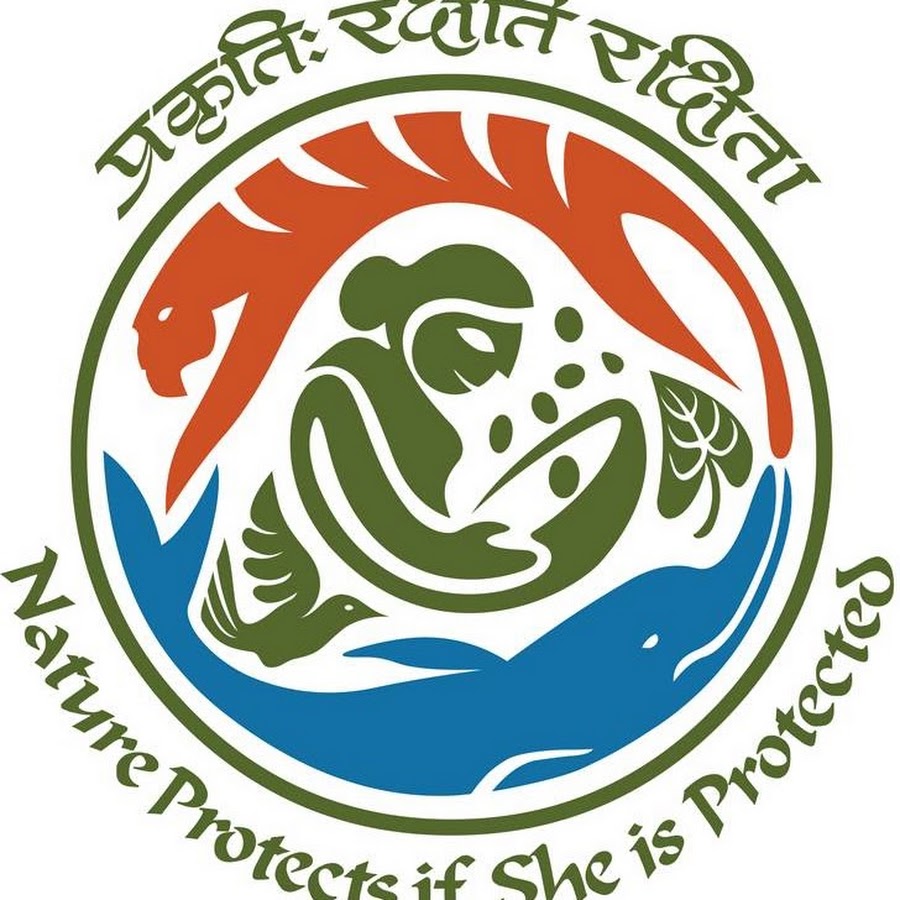Safeguards Information System
Safeguards have been identified as an important tool to ensure the effective implementation of REDD+ actions and to avoid, or at least minimize negative governance, social, and environmental impacts. Sixteenth Session of Conference of the Parties to the UNFCCC held in Cancun in 2010 establishes that REDD+ activities should promote and support the following set of seven social and environmental safeguards which are also known as the "Cancun safeguards":
- Actions complement or are consistent with the objectives of national forest programmes and relevant international conventions and agreements;
- Transparent and effective national forest governance structures, taking into account national legislation and sovereignty;
- Respect for the knowledge and rights of indigenous peoples and members of local communities, by taking into account relevant international obligations, national circumstances and laws, and noting that the United Nations General Assembly has adopted the United Nations Declaration on the Rights of Indigenous Peoples;
- The full and effective participation of relevant stakeholders, in particular indigenous peoples and local communities;
- Actions are consistent with the conservation of natural forests and biological diversity, ensuring that REDD+ activities are not used for the conversion of natural forests, but are instead used to incentivize the protection and conservation of natural forests and their ecosystem services, and to enhance other social and environmental benefits;
- Actions to address the risks of reversals and
- Actions to reduce displacement of emissions.
Safeguard Information System provide the information on how all Cancun Safeguards are addressed and respected throughout implementation of REDD+ actions. A country approach to safeguards is a country-led process to respond to Cancun Safeguards, in a way that is harmonious with national policy goals, by building on existing governance arrangements, including:
- Policies, laws and regulations: These are needed to support the implementation of REDD+ actions in a manner consistent with Cancun Safeguards, i.e. how safeguards are being addressed.
- Institutional arrangements: The mandates, procedures and capacities to ensure that the relevant policies, laws and regulations are actually implemented in practice, i.e. how safeguards are being respected.
- Information systems: To collect and make available information on how REDD+ safeguards are being addressed and respected throughout REDD+ implementation.
Ministry of Environment, Forest and Climate Change, Government of India has assigned the task to Indian Council of Forestry Research and Education (ICFRE) for development of Safeguards Information System for REDD+ in India. Accordingly, ICFRE has developed the Safeguards Information System (SIS) for REDD+ through stakeholder consultation processes. Information on addressing and respecting of REDD+ safeguards will be collected periodically for preparation of summary of safeguards information for onward submission to UNFCCC.
Safeguards Information System
Safeguards Reporting System


